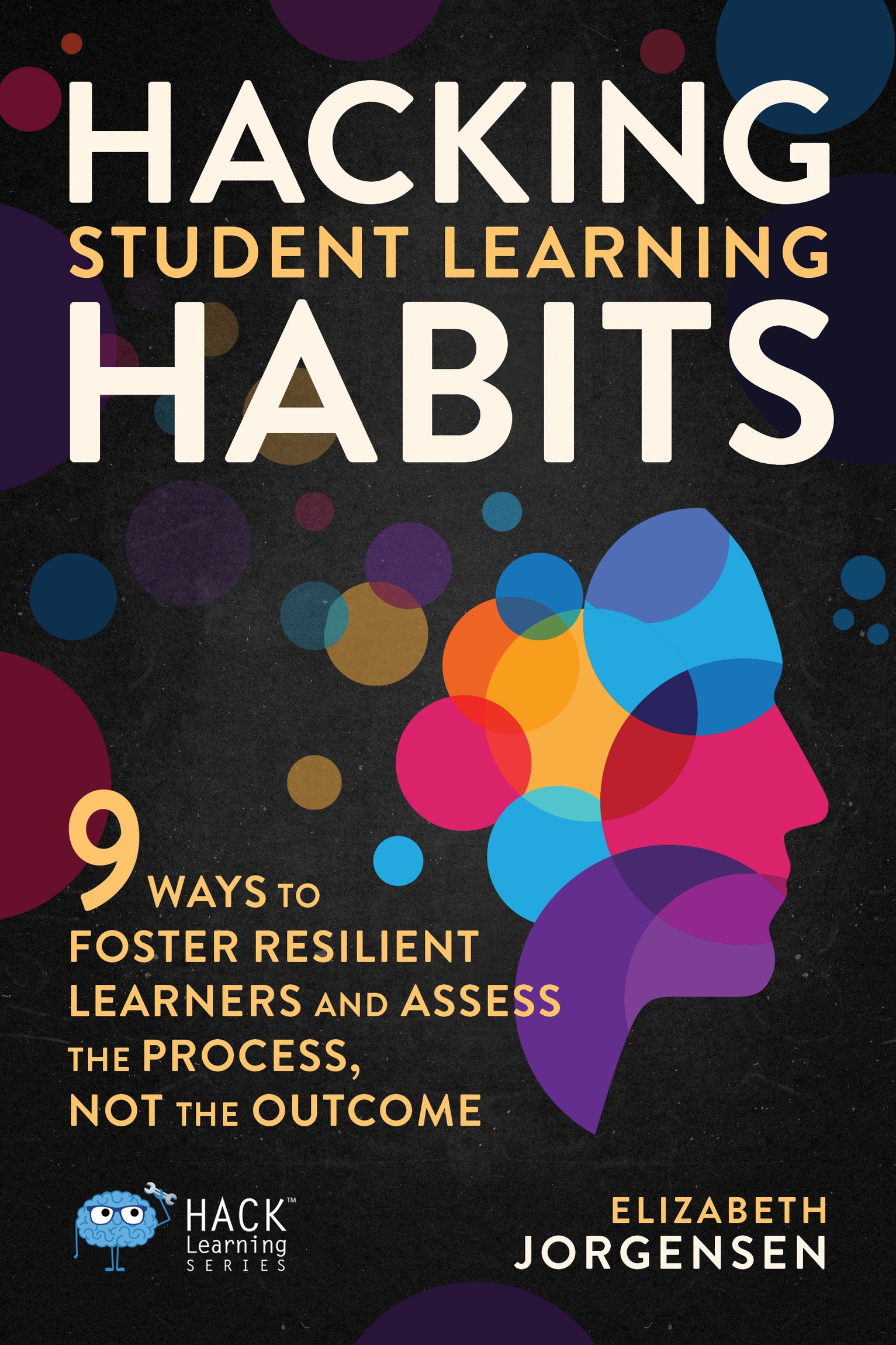To Assign Homework … Or Not?
Jun 10, 2022
By Elizabeth Jorgensen
As teachers, we value work/life balance. It makes us better practitioners.
At work, we:
- collaborate with colleagues
- assist students
- plan lessons
- contact parents
- write letters of recommendation
- teach
- attend IEP meetings
- provide feedback on student work
- and more!
We do this at school so when home, we can watch our favorite Bravo shows, enjoy al fresco dinners, take bubble baths, go out with friends, cuddle our dogs, cheer our children, try new recipes, clean, and workout.
Maintaining a work/life balance helps teachers return to school excited, regenerated, and restored. Robert Stickgold, PhD from the Harvard Brain Science Initiative, insists that rest is crucial to memory and performance.
So why don’t we want the same for our students?
Present Learning
I divide each one of my classes into thirds: one-third lesson, one-third application, and one-third sharing. There’s no expectation of additional practice. There’s no requirement to go home and read pages, memorize terms, or study for tests. There are only the minutes we share together.
In class, students put devices and other classwork away, focus on the task at hand, and remain fully present. Each day, students learn, practice, share, and repeat.
I never assign homework.
After school, students work, take care of siblings, volunteer, participate in sports and clubs, and complete assignments for AP Stats, Economics, or British Literature.
There’s lots of research that suggests homework is inequitable, stressful, and ineffective. As teachers, we know when we assign homework, students find ways to cheat. They shift packets back and forth, send photos of completed worksheets, wait until the last minute, and slop down subpar work.
But what if we treated our students like we treat—or should treat—ourselves?
What if, instead of assigning homework, we encouraged students to focus on their self-care routines, their families, their hobbies, and their passions?
What if teachers asked students to leave school at school so, when at home, they could focus on home?
Students Say:
- “Having no homework helped me not stress. It allowed me to focus and be present in class and not worry about a deadline. The class structure helped me focus on improving my skills.”
- “I really appreciate how this class is structured. No homework really made me enjoy this class even more. We go to school for seven hours a day, five days a week. There is no need for all of my classes to give me additional work to do at home when I am in class full time. Having the work done here at school really helped because I believe if I had homework in this class from home, it would be more of a race and sloppy work just to call it done.”
- “I would always find myself looking forward to having this class in the morning. It is always a very calm, relaxing environment that I really enjoy. I don’t struggle much to get assignments done. I appreciate you making sure everyone has a partner when we need them. I love the method of teaching you use, and I am always comfortable in your classroom environment.”
- “I love the no homework structure. I find the classroom environment to make getting work done here much easier for me. As someone with relentless ADHD, I can focus much more in this setting. I also think turning in our work at the end of our period was helpful when I was hitting a roadblock in my work and struggled to come up with things.”
- “Another thing that I really liked about this class was the work time. I feel that we had the right amount of work time to complete everything. The fact that we were able to do everything in class and had no homework also was a relief.”
Takeaway
I deliberately don’t assign homework so students can make decisions about their time. Some take what they’ve done in class and continue it after school, but most tell me without homework, they’re able to go where their passions and interests take them. They say this makes them healthier and happier students—and more productive, balanced learners.





